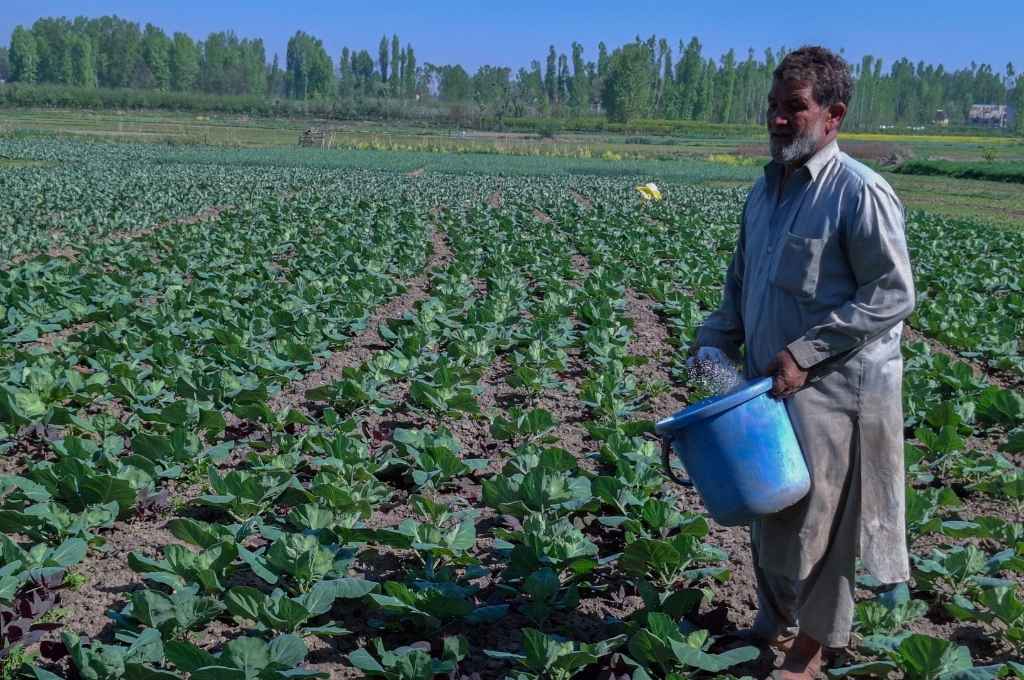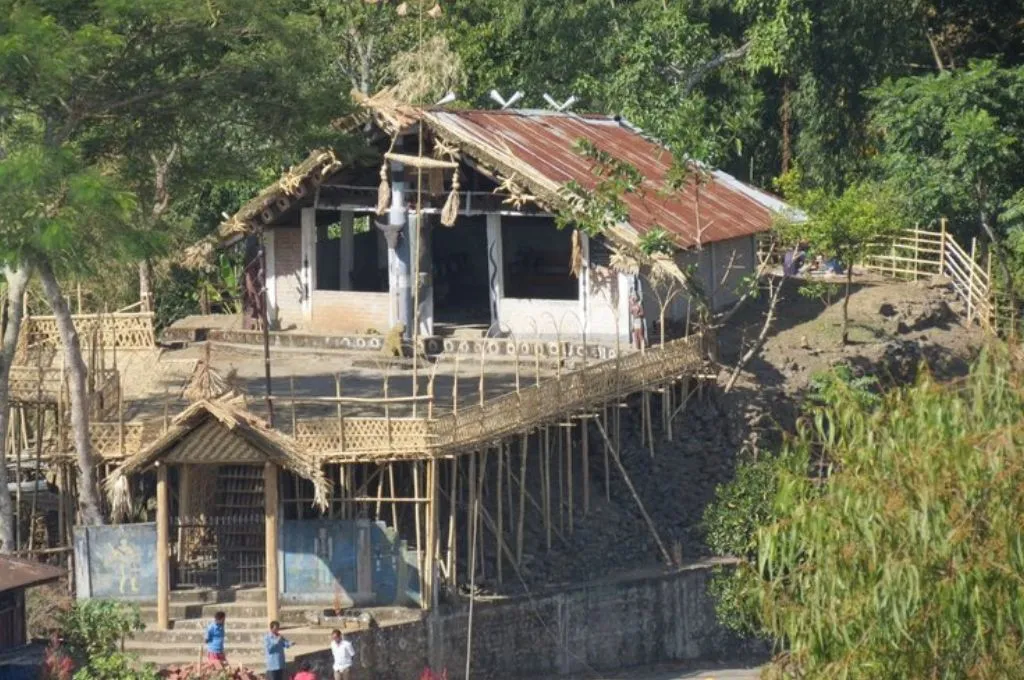Facing the fear of elite spaces: Can a mall visit help?

At Youth for Unity and Voluntary Action (YUVA), we run a youth-centric programme called Anubhav Shiksha Kendra (ASK) across 21 districts of Maharashtra. ASK reaches out to marginalised youth in urban and rural areas to build youth leadership through creative engagement strategies.
While working with young people in urban areas, we notice that many of them struggle with confidence due to multiple stressors, including that of finding a job.
Since employment is a big concern for urban youth, YUVA supports them through job referrals. In one case, three young men—around 22 or 23 years old—from Malvani in Mumbai’s Malad suburb secured back-office positions with a prominent insurance company. They were migrants from Uttar Pradesh’s Lakhimpur Kheri, Basti, and Gonda districts and had been living in Mumbai for three years. Their families were involved in zari (brocade) work. Two of the youths had completed grade 12, while one was pursuing a BCom degree.
After they were hired, the young men were required to go to the insurance office for training. But we later learned that they did not even go past the reception. On being asked what happened, they told us, “The office was in a large glass building, and we got nervous because we had never been in such a place or exposed to that type of environment before. We went to the reception and the madam at the front desk spoke to us in English. Again, we felt intimidated and anxious about how to respond, so we decided not to complete the training and came back.”
We realised that in addition to opportunities, young people need exposure to the outside world to build confidence and familiarity with new contexts and situations.
We discussed the incident at our anubhav katta—our weekly meetings—where several young people spoke about their fear of ‘elite’ spaces. A solution they came up with was to visit high-end shops in a mall to become more comfortable in that environment. They decided that entering those spaces would be good practice towards overcoming their fear.
So, 20–25 youths, including me, visited Infiniti Mall in Malad. The youths were encouraged to take the escalator, enter stores such as Trends and Croma, try out clothes, and talk to the shop assistants. Many of them visited clothing stores, but they were hesitant to enter beauty stores because they felt that the people who worked there might not be welcoming to people who didn’t seem like potential customers. But we told them, “Even if someone thinks you can’t afford to buy something, you must still enter the shop.” And they did.
Later, when we discussed their experiences, they realised that the fear of elite spaces was only in their minds. When they actually entered those spaces, it was not a big deal.
Young people need spaces in their localities where they can express themselves and say, “I’m scared of this.” However, there is usually a dearth of such spaces, especially for marginalised communities. They are also hesitant to bring up these insecurities during discussions with counsellors, even if they have access to them—which is also not often the case.
We have used the same approach at the municipal corporation offices. We take young people to the BMC office to make them aware of their entitlements and encourage them to speak with the officers. They feel intimidated there as well, but the experience helps build their confidence and, more importantly, results in them engaging with local governance systems as active citizens.
As for the three young men, two of them now work with e-commerce companies, and one operates a wholesale shop in Malad.
Sachin Nachnekar is a programme lead at Youth for Unity and Voluntary Action (YUVA).
—
Know more: Learn why young girls in Kolkata have to juggle housework and football.
Do more: Connect with the author at sachin.n@yuvaindia.org to learn more about and support his work.




